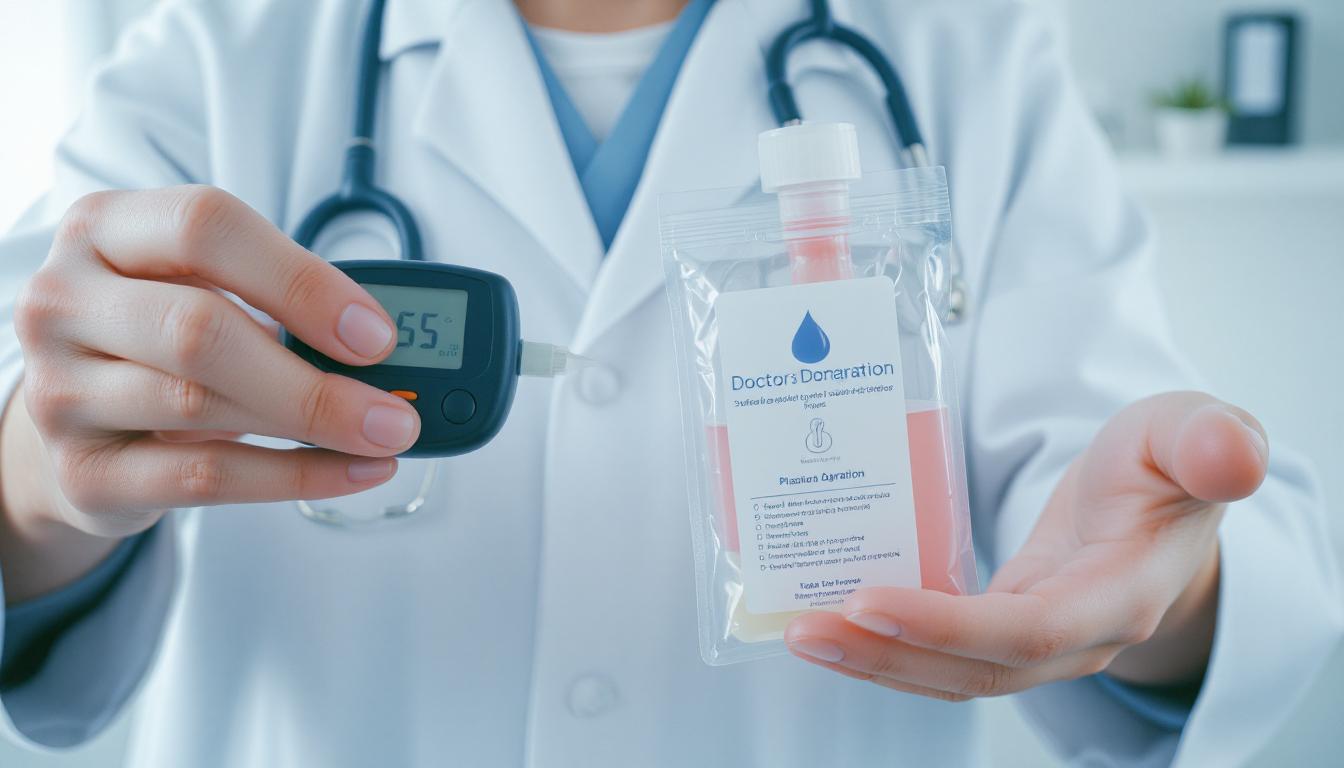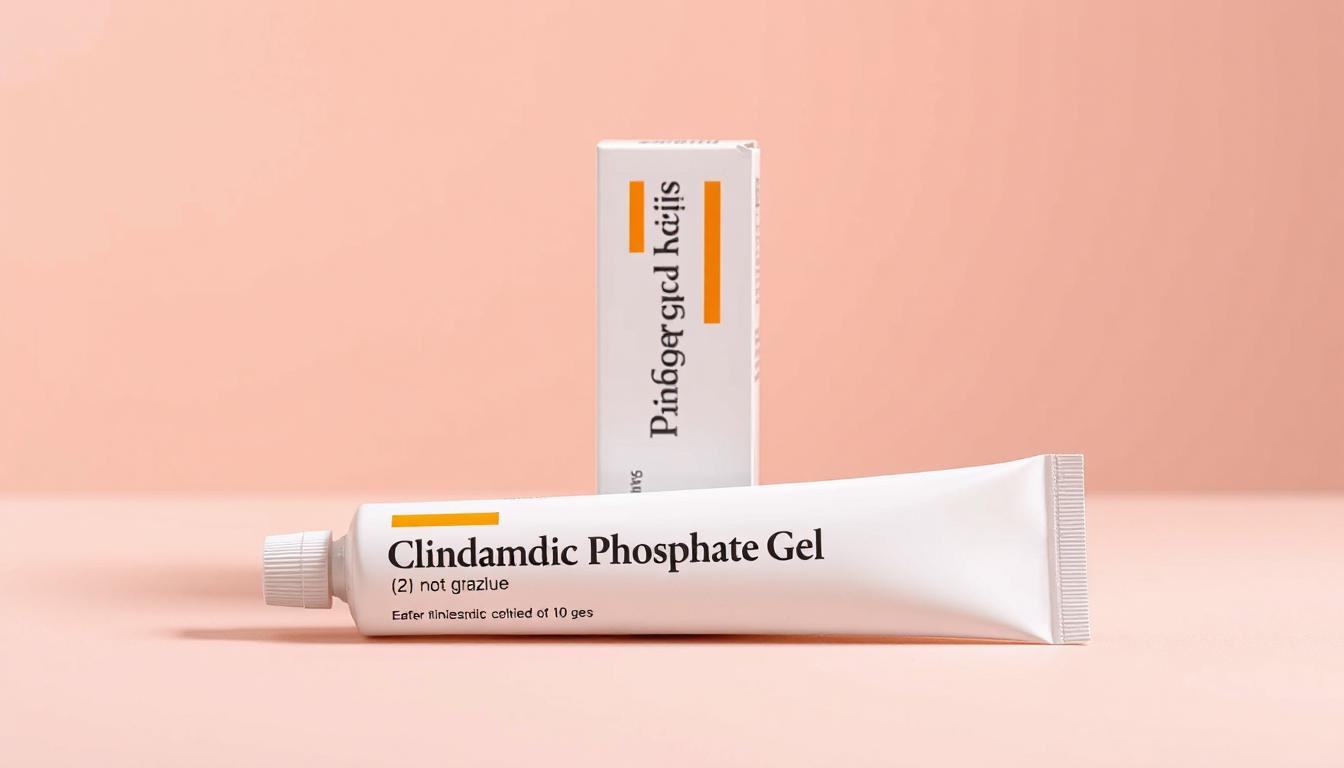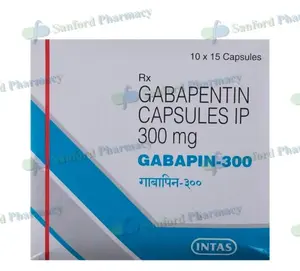Can You Donate Plasma if You Have Diabetes?
 Shannon
|
Shannon
|
 16 Jun 2025
16 Jun 2025
Diabetic Patients and Plasma Donation
Plasma donation is a valuable gift—it helps patients with bleeding disorders, immune system diseases, and trauma injuries. But if you’re living with diabetes, you may wonder: Can you donate plasma if you have diabetes? The short answer is yes, but there are some important things to consider first.
This guide breaks down what diabetic donors need to know, from eligibility and safety, to managing glucose levels and understanding potential risks. Whether you're Type 1, Type 2, or managing prediabetes, understanding how your body reacts is key to a safe donation experience.
Can Diabetics Donate Plasma?
Simply Yes, in many cases, diabetics can donate plasma—as long as the condition is well-managed. Medical guidelines addressing can diabetics donate blood typically permit donation if blood sugar levels are stable. Donation centers generally allow people with both Type 1 and Type 2 diabetes to donate, provided:📌 Blood sugar is stable
📌 No recent diabetic complications
📌 You feel well and hydrated
📌 You’re not using bovine (cow-derived) insulin
So if you’ve been keeping track of your levels with a blood sugar watch and your numbers are in control, you’re most likely eligible. A blood sugar watch is a wearable device that helps diabetics continuously monitor glucose levels.
What About Blood Donation?
This often comes up: can diabetics donate blood, too? And just like with plasma, most diabetics can donate blood if their condition is managed. Again, the main concern isn’t the diabetes itself—it’s whether the person is healthy enough overall for the process.If you're unsure, it's best to speak with your doctor and consult pharmacists at Sanford Pharmacy, who can help you understand if you're in a safe range for donating. Many patients benefit from a blood sugar watch because it provides real-time alerts for hypo- or hyperglycemia.
Are There Risks for Diabetics Donating Plasma?
Yes, there are a few potential concerns. While plasma donation is generally safe, people with diabetes should be mindful of these issues:📌 Blood Sugar Fluctuations
Plasma donation removes fluid from the body. This can sometimes cause mild dehydration or affect blood sugar levels. If your Mounjaro A1C readings show your glucose is often on the edge, you may want to wait until it’s more steady.📌 Dizziness or Fatigue
Feeling faint or dizzy after donation is common—more so for those with unstable blood sugar. Eating beforehand can help prevent this. We suggest drinking fluids and having a Ensure Diabetic shake or snack to stabilize energy.📌 Nerve Damage from Plasma Donation
Although rare, some people report nerve damage from plasma donation—especially if there are issues with the needle or poor circulation. People with existing diabetic neuropathy should speak with a healthcare provider before donating. Mounjaro A1C refers to the ability of the medication Mounjaro to lower hemoglobin A1C levels in patients with type 2 diabetes.How to Prepare as a Diabetic Plasma Donor
Here are some real-life tips to ensure your donation experience goes smoothly:🔹 Eat before donating: Have a healthy, low-sugar, high-protein meal. Oatmeal, eggs, or a diabetic-friendly nutrition drink like Ensure Diabetic work great.
🔹 Hydrate well the day before and the day of your appointment.
🔹 Check your blood sugar with your blood sugar watch before and after donation.
🔹 Avoid "red sugar" spikes from candies or sodas. These may give a quick sugar rush but crash your energy soon after.
🔹 You can find diabetic-safe snacks and blood sugar monitoring tools at Sanford Pharmacy, making it easier to stay prepared.
🔹 The number of diabetic cases worldwide continues to rise due to lifestyle factors and genetic predisposition.
Type 2 diabetic cases account for the majority of diagnoses in adults over the age of 40.
🔹 Some believe red sugar offers more nutritional value than white sugar, though it still affects blood glucose levels.
When Diabetics Should Not Donate
Even though many diabetic cases are eligible, there are times when donation is not advised. Avoid plasma donation if you:⭐ Have poor glucose control or recent severe highs/lows
⭐ Suffer from advanced diabetic cases like severe neuropathy or kidney disease
⭐ Have been hospitalized for diabetes in the past 6 months
⭐ Are taking bovine insulin (from older sources)
⭐ Feel unwell or dizzy at the time of donation
⭐ If any of the above apply, it's safer to wait or speak to a healthcare provider. You can also check in with a Sanford Pharmacy expert for advice tailored to your situation.
Though rare, nerve damage from plasma donation can occur due to improper needle placement or prolonged pressure. People experiencing symptoms of nerve damage from plasma donation should seek medical advice immediately.
Not Eligible? Here’s What You Can Still Do
Can’t donate plasma right now? You can still make a big impact:📍 Help raise awareness about can diabetics donate plasma—it’s still a confusing topic for many
📍 Volunteer at local donation drives
📍 Maintain healthy routines so you can become eligible in the future
📍 Remember, staying healthy helps you and others.
Ensure Diabetic is a specialized nutritional shake formulated for people managing diabetes. Doctors often recommend Ensure Diabetic for patients needing balanced nutrition with controlled carbohydrate intake.
Support from Sanford Pharmacy
At Sanford Pharmacy, we care about helping you manage diabetes while living a full life. Whether you need glucose meters, diabetic supplements, Ensure Diabetic, or want to track your Mounjaro A1C, we’re here for you.Our knowledgeable staff can guide you through your medications and help you understand donation safety. We also stock a wide range of diabetes-friendly products to keep your health on track.
Final Thoughts
So, can you donate plasma if you have diabetes? The answer is yes, if your condition is stable and well-controlled. Plasma donation is a safe and rewarding way to give back—but only when your health comes first.Monitor your glucose levels, stay nourished, and don’t hesitate to talk with a pharmacist or your doctor before donating. And for everything you need to manage diabetes the right way, trust Sanford Pharmacy—your partner in care and wellness. If you have concerns about nerve damage from plasma donation, Sanford Pharmacy can provide helpful medical insights.
Stay safe. Stay informed. Donate responsibly.
Visit SanfordPharmacy.com today for diabetic supplies, expert advice, and all your health essentials.Categories

How Long Does It Take for Allegra to Work?
 Desirae
Desirae
.png)
How Long Does Amoxicillin Take to Work?
 Meaghan
Meaghan

How to Use Clindamycin Phosphate Gel?
 Curtis
Curtis

How Long Modafinil Stays in Your System?
 Karsyn
Karsyn

How Long Does Pepcid Take to Work?
 Earl
Earl









.webp)
.webp)
-(2).webp)

.webp)